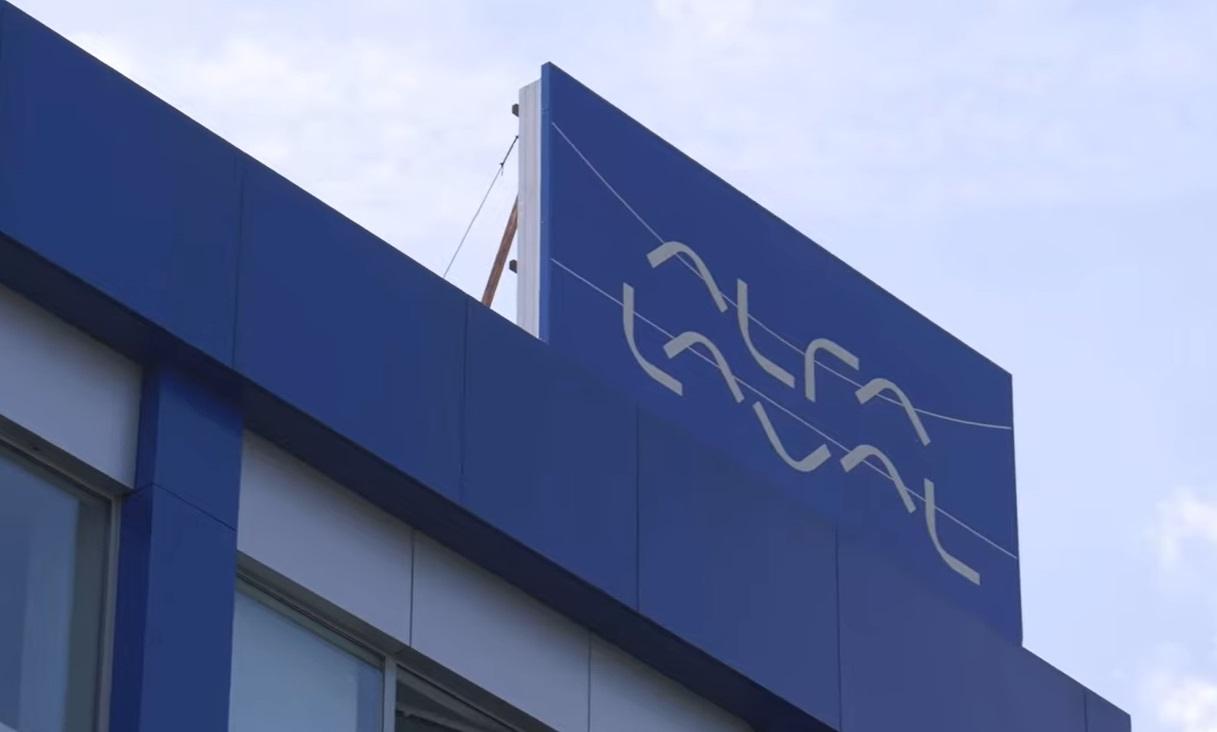Barings Targets Business Travel, Commuting for New 2030 Net Zero Target
Investment manager Barings announced today a series of climate commitments, including goals to reach carbon neutrality in its operations this year, and net zero by 2030.
According to Sarah Munday, Barings Director of Sustainability, the company has worked with third party advisors to measure its 2019 emissions baseline, determining that the company is responsible for 21,688 tons of CO2, with the largest sources of emissions coming from business travel and employee commuting.
To address the impact of business travel, Barings will implement an internal carbon tax, aiming to increase awareness of the sustainability cost of travel. On the employee commuting front, Barings is exploring flexible work arrangements, along with other ideas including ride-sharing and incentivizing the use of electric vehicles.
Munday said:
“While we will need to utilize carbon offsets to achieve neutrality in 2021, our true focus is on changing the behaviors of our employees and partners that will allow us to achieve our net zero target. For instance, we intend to set an internal tax on carbon for air travel by the third quarter of this year and hope to expand that to other carbon generating areas of our business in the coming years.”
The company also plans to reduce its direct carbon emissions derived from areas such as heating, and electricity usage through renewable energy procurement, with plans to move its managed facilities to renewable sources by 2022.
According to Barings, the company’s new goals align with the commitments set by parent company MassMutual. Earlier this year, MassMutual set its own goal to achieve net zero in operations by 2030. Additionally, Barings said it is also working to support MassMutual’s goal to transition its investment portfolio to net zero emissions by 2050.
Mike Freno, Barings Chairman and CEO, said:
“Helping build a sustainable future in service to our clients, colleagues and communities is core to our mission and good for the long-term growth and profitability of our business.”





